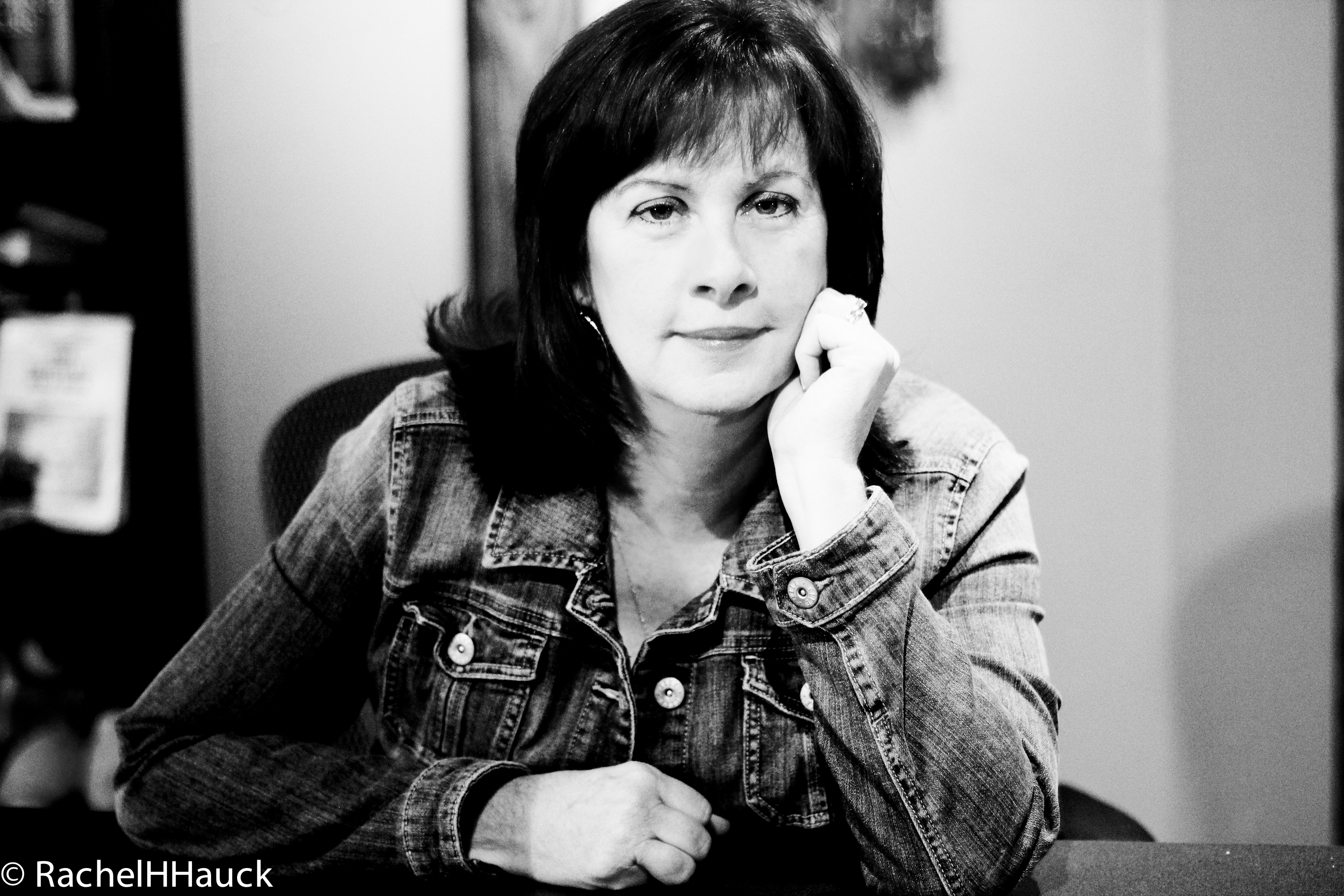My first book came out in February of 2004. In fact, I had two books release that month.
A small romance from Heartsong Presents and an e-book from Writer’s Exchange.
In August, I left the corporate world to write full time.
And never looked back.
I was hopeful in August of 2004 for a budding writing career. I’d sold another Heartsong with a third on the horizon.
I’d also had interest in my chick lit from then Steeple Hill Cafe.
In September, two hurricane’s blew through our neck of the country. Frances then Jeanne.
While my husband cleaned up after Frances, I sat frantically writing the final chapters of Lambert’s Code in front of a fan, running on borrowed energy from our neighbor’s generator, and my hands were all sticky with dew and humidity.
But I finished that book.
You know, in some ways, every book faces it’s own opposition.
And we have to finish them anyway.
Now that I have a nine year perspective on publishing and full time novel writing, here are some things I’ve learned.



